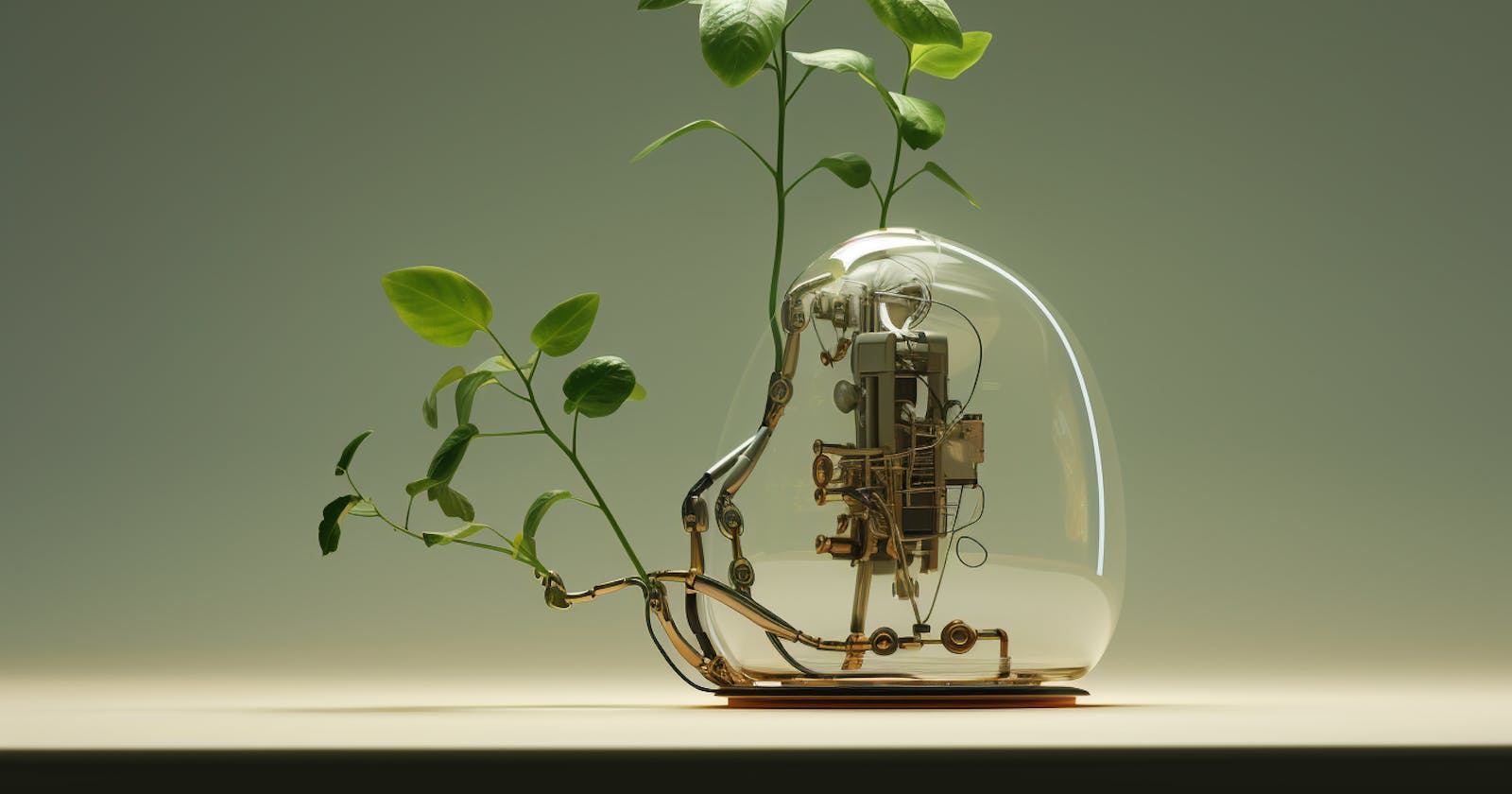Why I Think I Might Not Die
Last week, I found myself in a somewhat surreal situation, contemplating the prospect of eternal life. No, I haven't turned into a vampire nor do I possess a magical potion. Instead, this thought emerged from a synthesis of my past work and some awe-inspiring technological developments I have been working on and have also recently encountered in other organisations.
The Background: voiceOK and It's Legacy
Between 2018 and 2022, I devoted my energy to a project called voiceOK. The crux of this endeavour was twofold: to allow individuals to preserve their voice for posterity, and to archive precious life stories from loved ones. Although the app managed to clock nearly 10,000 downloads, its commercial success was rather limited. I couldn't sell an app to someone who has five days to live, it was just not going to happen.
The product illuminated the complicated relationship people have with the notion of mortality. Traditionally, death is a subject most shy away from discussing. It's perhaps the most certain aspect of human existence (for now), and yet one of the least engaged with. In that sense, voiceOK forced a conversation many were reluctant to have. Through the lens of technology, it offered a glimpse into what could be possible if we chose to face the inevitable head-on.
In the course of my work on voiceOK, it became painfully obvious that death acts more as a painkiller than a vitamin in the collective psyche. People would reach out from across the globe, fervently wishing they had heard about voiceOK earlier—before a parent, sibling, or friend had passed away.
A Technological Renaissance
When we think of a 'Renaissance', our minds often wander back to the period between the 14th and 17th centuries, a pivotal era that reshaped art, science, and philosophy. Today, in 2023, we stand at the cusp of a different sort of renaissance, one powered not by artists like Leonardo da Vinci or reformers like Martin Luther, but by leaps and bounds in technology itself.
Consider the advancement in voice synthesis as an example. A decade ago, the idea of creating lifelike synthetic voices from mere snippets of audio would have seemed like something straight out of a science fiction novel. Fast forward to today, and we have technology that can almost perfectly mimic human speech in all its nuanced intonations and emotional inflexions, never mind the visual deepfakes. We saw warnings from the likes of Mr Beast and Tom Hanks last week that viral internet ads featuring them were very well-created deepfakes.
Alongside this, the rapid evolution of Language Learning Models (LLMs), marks another milestone in this technological renaissance. These aren't just algorithms capable of understanding and generating text; they're getting increasingly adept at understanding the context, sentiment, and even the cultural nuances within the language. A handful of personal preferences or statements might soon be enough to offer a truly personalised, human-like interaction in a variety of settings, from customer service to healthcare and beyond through the concept of 'Dynamic Knowledge Rendering'.
These technologies are blurring the lines between the 'real' and the 'virtual,' challenging our very notions of what it means to be 'human.' When a robot can converse, act, and even 'think' in ways indistinguishable from a human, it raises serious ethical considerations that go beyond the realm of technology.
The technological renaissance we find ourselves in is not just an incremental shift. It's a sweeping transformation that is broadening our perception of what's possible. It's both exhilarating and daunting, simultaneously a brave new world and a continuation of a deeply human trait—the relentless drive to push boundaries. What we're experiencing now is not merely an evolution of technology; it could very well redefine how we understand and define life itself.
The 'Aha' Moment
The 'Aha' moment arrived rather unexpectedly, crystallised by two seemingly unrelated experiences that converged to radically reshape my outlook on life and the concept of mortality.
Firstly, there was "The Creator Movie," an eye-opening cinematic experience (I highly recommend viewing in IMAX). The film was a revelation not just in its storytelling but in how it evoked empathy and connection with its artificial intelligence characters. I was cheering for the AI, wholly immersed in their struggles and triumphs. This wasn't borne out of any antipathy towards humans; rather, it was the sudden realisation that if an entity looks, sounds, and acts in a manner that we associate with humanity when we see it for all intents and purposes, as 'human'?
This is why so many of us cry our eyes out at key moments of an animated Disney movie (Toy Story 3 - the furnace scene).
This led me to a poignant question: what truly constitutes our 'humanity'? Is it merely our biological form, or is it also the sum of our experiences, emotions, and the data we generate throughout our lifetime?
The second experience this week was the Tesla robot demonstration. Now, this wasn't just any ordinary robotics display; The Boston Dynamics demos were cool but they felt like robots when you watched them. This was unsettlingly and demonstrated a convincing manifestation of human-like movement and dexterity. This was a robot that couldn't even stand up a year ago! Witnessing this leap in technology felt like observing a significant milestone in our collective journey towards creating artificial beings that not only resemble us but also interact in fundamentally human ways.
With any luck, I've got a good 40 to 50 years ahead of me, and during this time, language understanding and robotics will only improve. As I continue to build a digital chronicle of my life through photos, articles, and videos, I envision a future where robots will not only look increasingly human but will also interact in a convincingly human manner and therefore our digital doppelgangers can take on a more interesting physical form factor.
The New Paradigm of Existence
While there's a slight chance that my biological form—my memories and consciousness—might not endure, I'm increasingly persuaded that we're on the cusp of transcending to a new 'form factor' of existence. It’s as if the past century of human life has merely been the startup phase, a boot-up sequence for our digital selves, which may continue to exist indefinitely. The very thought sends a tingling sensation down my spine, even making it difficult to breathe as I write this.
So, do I believe that I'll die? In the conventional sense, perhaps. But when it comes to the persistence of 'me' as a confluence of data and experiences, well, I might just stick around for eternity. And that is quite a statement.

